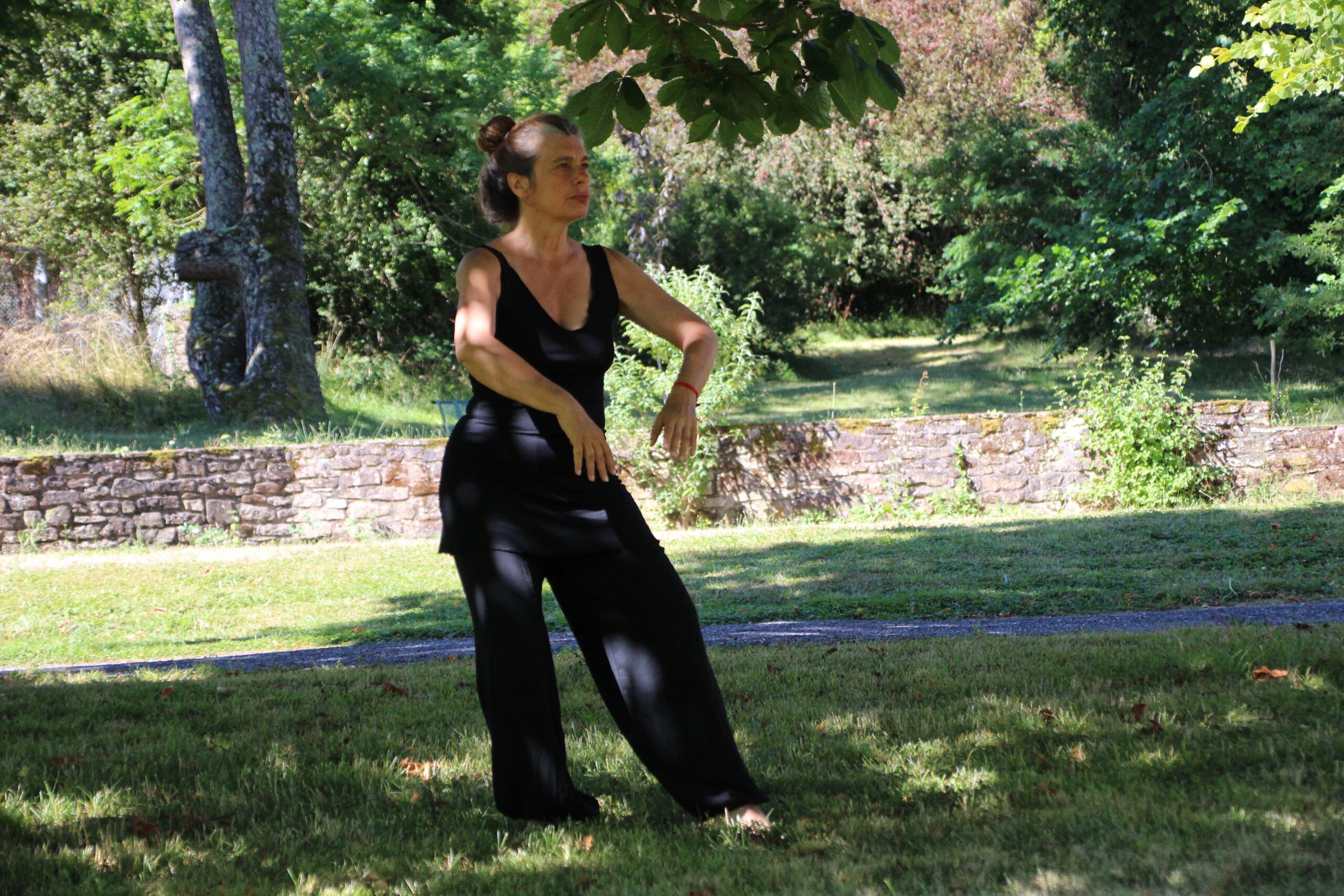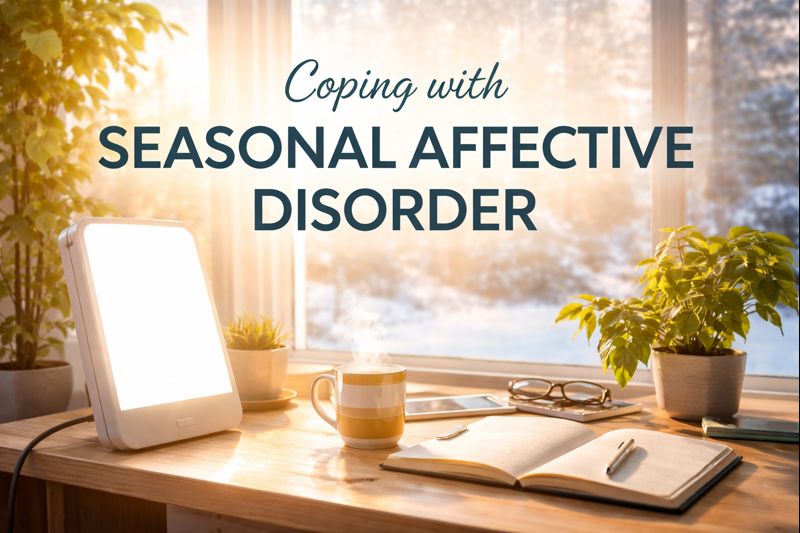Post-traumatic stress disorder (PTSD) is a mental health condition that can develop after experiencing or witnessing a traumatic event. Symptoms can include flashbacks, nightmares, anxiety, depression, and avoidance behaviors. While traditional medication can be effective in treating PTSD, many individuals turn to complementary and alternative medicine (CAM) as a complementary approach. Two specific CAM practices that have been found to be effective in helping those suffering from PTSD are Tai Chi, and Qi Gong.
Tai Chi and PTSD
Tai chi is a mind-body practice that combines slow, flowing movements with deep breathing and meditation. It has been found to be effective in improving physical and mental health in a variety of populations, including those with PTSD. A study published in the Journal of Clinical Psychology found that participants who practiced tai chi had significantly reduced symptoms of PTSD, including frequency of intrusive thoughts. The study also found that tai chi was effective in reducing symptoms of depression and anxiety.
Another study published in the Journal of Alternative and Complementary Medicine found that tai chi was effective in reducing symptoms of PTSD in veterans. The study found that veterans who practiced tai chi had reduced symptoms of PTSD and improved quality of life compared to those who did not practice tai chi. These findings suggest that tai chi can be an effective complementary approach to traditional therapy for those suffering from PTSD.
Qi Gong and PTSD
Qi gong is another mind-body practice that involves slow, gentle movements, deep breathing, and meditation. It has been found to be effective in improving physical and mental health in a variety of populations, including those with PTSD. A study published in the Journal of Traumatic Stress found that participants who practiced qi gong had reduced symptoms of PTSD, depression, and anxiety.
Another study published in the Journal of Alternative and Complementary Medicine found that qi gong was effective in reducing symptoms of PTSD in women who had experienced intimate partner violence. The study found that women who practiced qi gong had reduced symptoms of PTSD and improved quality of life compared to those who did not practice qi gong. These findings suggest that qi gong can be an effective complementary approach to traditional therapy for those suffering from PTSD from multiple types of trauma.
Mechanisms of Action
The mechanisms of action of tai chi and qi gong in treating PTSD are not fully understood, but research suggests that these practices may have several benefits for those with PTSD. Tai chi and qi gong have been found to reduce stress and anxiety, improve sleep quality, and increase relaxation. These benefits can help those with PTSD manage their symptoms and improve their overall quality of life.
More specifically, tai chi and qi gong may help improve the regulation of the autonomic nervous system, which is responsible for the body’s stress response. A study published in the Journal of Alternative and Complementary Medicine found that participants who practiced tai chi had improved heart rate variability, which is an indicator of autonomic nervous system regulation. This suggests that these approaches may help regulate the body’s stress response and improve overall health and longevity.
Conclusion
Tai chi and qi gong are two CAM practices that have been found to be effective in improving symptoms of PTSD. These practices can be used as complementary approaches to traditional therapy and as complementary or alternative to medication. Individuals with PTSD should speak with their healthcare providers about incorporating these practices into their treatment plan.
With the right combination of traditional and complementary approaches, individuals with PTSD can manage their symptoms and improve their quality of life. Those who know and love someone with PTSD understand the ripple effect that symptom improvement can have on families, workplaces, and entire communities.





0 Comments